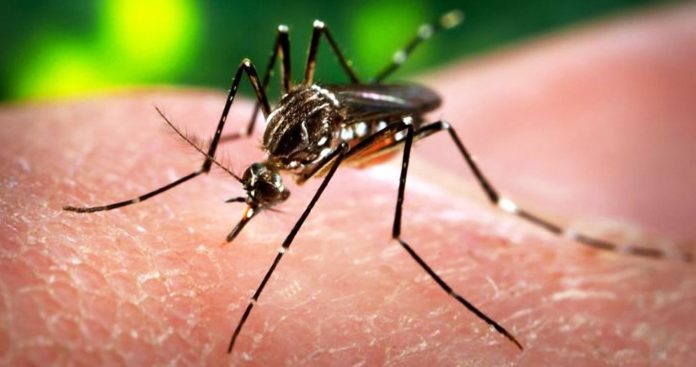
People traveling to Central America and South America, as well as some islands in the Caribbean, should take special precautions against mosquito bites because of a rapid outbreak of Zika virus, a previously rare disease that may be linked to serious birth defects, the Centers for Disease Control and Prevention warned Friday. Pregnant women should consider avoiding those regions completely, the agency said.
The CDC on Friday issued a “Level 2” travel notice for Brazil, Colombia, El Salvador, French Guiana, Guatemala, Honduras, Mexico, Panama, Paraguay, Suriname, Venezuela and Puerto Rico, as well as the Caribbean islands Haiti and Martinique. A Level 2 notice means that Americans should “practice enhanced precautions” while on their trip and that, in this case, pregnant women should consider not going at all for the time being. The news comes just as the U.S. reported its first case of brain damage linked to Zika, in a baby in Hawaii.
Zika is thought to be linked to microcephaly, a serious birth defect in which a baby is born with an abnormally small head and possible developmental problems. That’s why the travel alert advises pregnant women to consider postponing their trip, or at least talking to their doctor about risks and taking strict measures to avoid mosquito bites. Women who are considering becoming pregnant also were advised to consult with health care providers before traveling and to follow anti-bite measures.
These steps include wearing long-sleeve shirts and pants and using insect repellants with active ingredients like DEET, picaridin, and IR3535 (which the CDC said are safe for pregnant women, nursing women and babies older than 2 months). Additionally, travelers are “strongly urged” to treat their clothing and gear with a repellant called permethrin and sleep in rooms with screens and air conditioning, according to the CDC. There’s no known vaccine or treatment, so prevention is key.

Countries with ongoing Zika virus transmission (Photo: CDC)
Zika is related to dengue fever, another mosquito-borne disease. They’re both transmitted by the mosquito Aedes aegypti. Zika also may be transmitted by Aedes albopictus. Zika was first discovered in 1947, but because it was so rare and its symptoms are usually mild — fever, joint pain and rash — the disease wasn’t considered much of a threat.
But in 2015, Brazil experienced a widespread outbreak, with perhaps as many as 1.4 million cases, which coincided with a sharp increase in babies born with microcephaly, a birth defect that can cause lifelong intellectual disability, seizures and other complications.
Between 2010 and 2014, Brazil had an average of 156 babies born each year with microcephaly. In 2015, that number exceeded 3,500, some of whom did not survive. Because the increase was so pronounced, Brazilian health authorities linked the birth defects to Zika. Health experts in other countries, including the CDC, agree the evidence is strong, but further research is needed to confirm the relationship.
So what’s behind the sharp increase in Zika cases? Like so many other infectious diseases, experts say climate change is likely a key factor.
